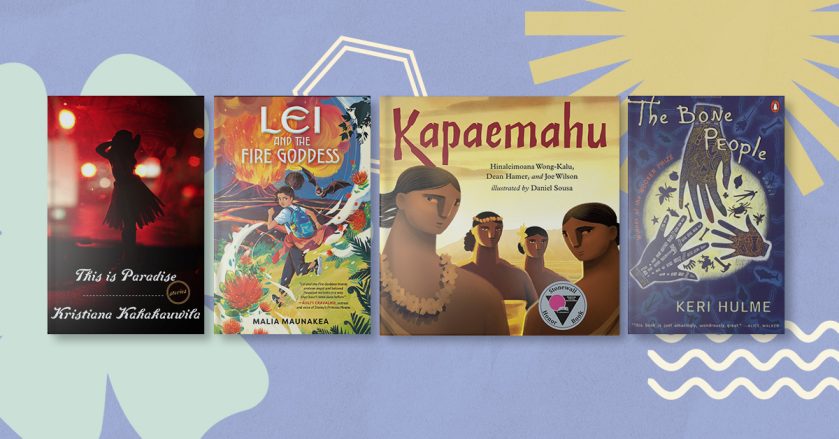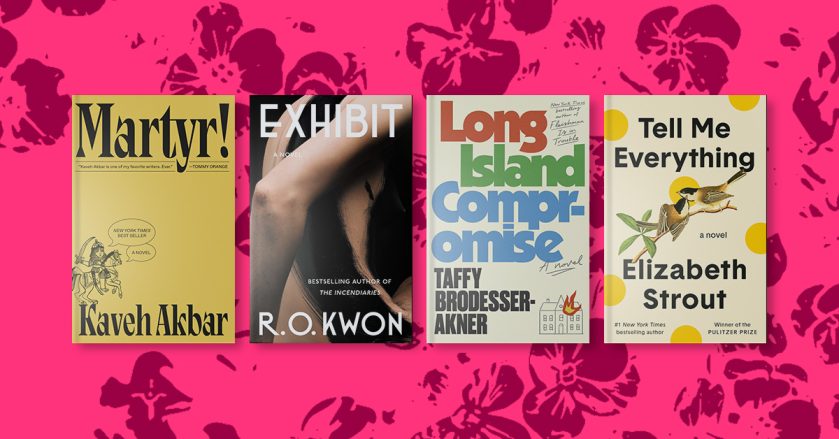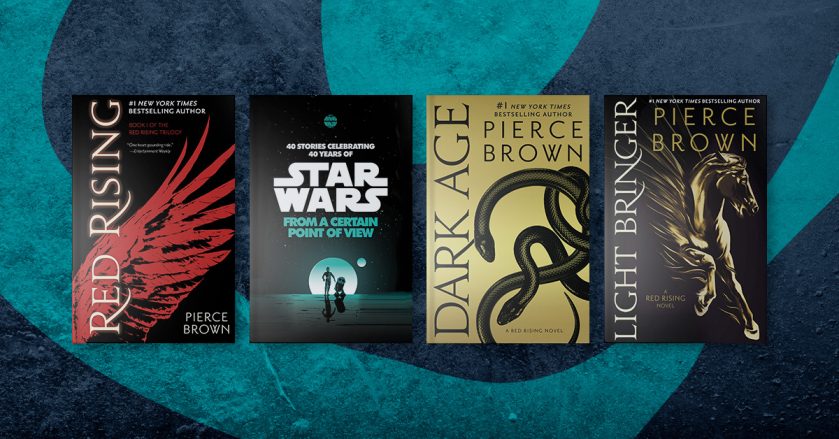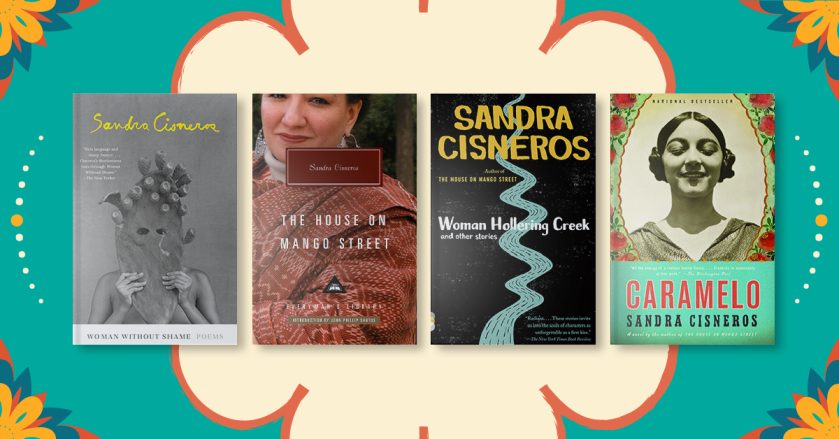What We’re Reading
There's so much more to discover! Browse through lists, essays, author interviews, and articles. Find something for every reader.
Recent Posts
content-hub









 ReadDown
ReadDown 
















